Keywords: Referendum
There are more than 24 results, only the first 24 are displayed here.
Become a subscriber for more search results.
-

AUSTRALIA
While much of the world drifts toward political extremes, Australia did something quietly radical: it chose the centre. In a night of subdued triumphs and unexpected grace, it was a reminder that democracy’s strength may still lie in its capacity for moderation, mercy, and surprise.
READ MORE 
-
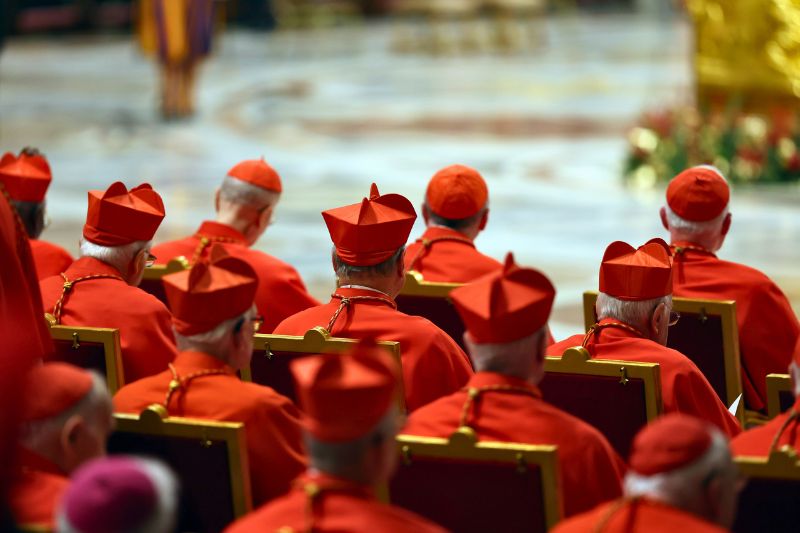
RELIGION
- Miles Pattenden
- 01 May 2025
As cardinals gather in Rome, they must confront declining trust, shifting global power, financial scandals, and unresolved doctrinal divides within the Church. More than a choice of leader, this moment is a reckoning with modernity and the future direction of the Church itself.
READ MORE
-
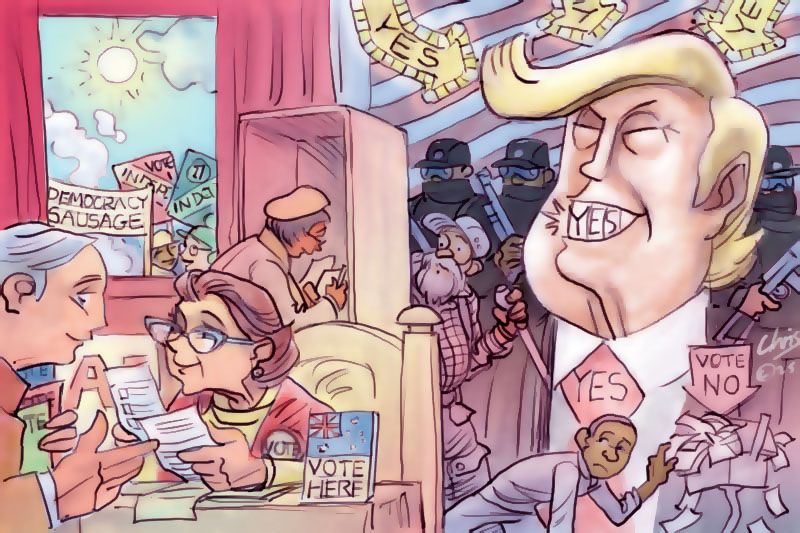
AUSTRALIA
- Jim McDermott
- 01 May 2025
From across the Pacific, Australia’s election looks refreshingly sane: debates over fuel taxes and modest wage hikes. But the surface calm belies deeper frustrations: housing scarcity, voter disillusionment, political evasion. But for an American watching from a fractured homeland, the question is how long that difference can hold.
READ MORE
-
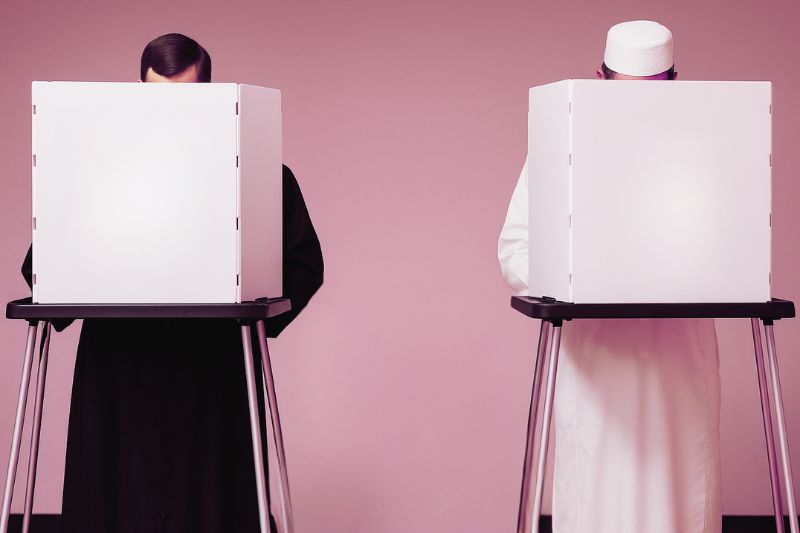
RELIGION
- John Warhurst
- 30 April 2025
Faith, once a quiet undercurrent in Australian elections, is now entangled in questions of ethnic identity, foreign policy and cultural grievance. Religion has returned to the centre of political life, only to find itself more divided, and more contested, than ever before.
READ MORE
-
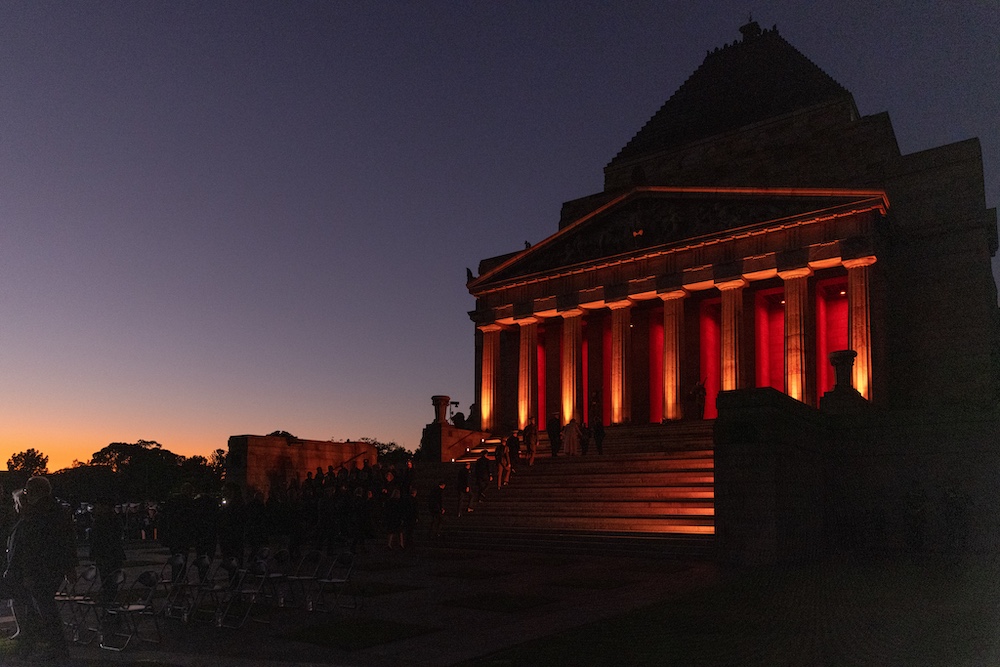
AUSTRALIA
- Brian McCoy
- 24 April 2025
As we witness those wars that continue to rage, we might wonder, this Anzac Day, what were the effects on our First Nations people when their lands were first taken? We can now see only too clearly that it is difficult, if not impossible in the longer term, to defend one’s land when the invader has more powerful resources and shows no intention of negotiating peace.
READ MORE
-
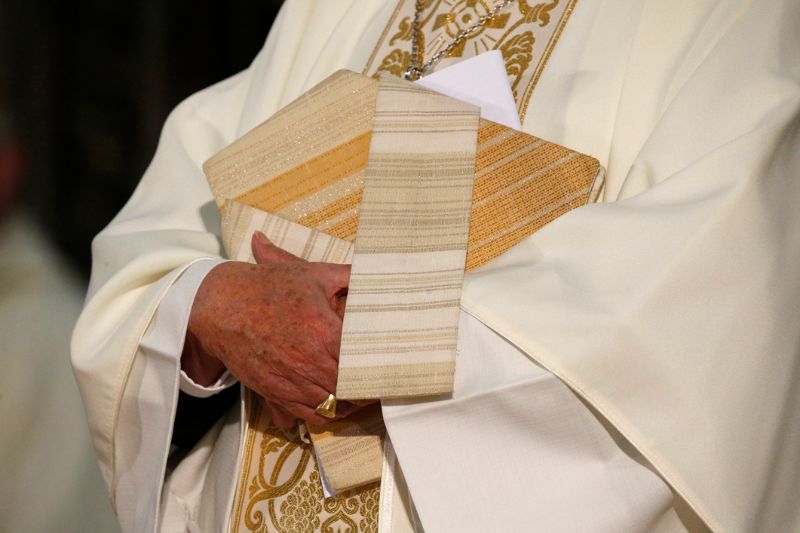
RELIGION
- John Warhurst
- 25 March 2025
As Australia approaches another federal election, the Catholic Church, long ambivalent about democratic politics, prepares to weigh in. Its official statement could play it safe, as in years past — or it could offer a deeper moral vision, confronting the global drift toward division with the quiet radicalism of synodality.
READ MORE
-

INTERNATIONAL
- Gillian Bouras
- 27 February 2025
Europe faces a moment of strategic recalibration as shifting U.S. priorities put transatlantic ties under strain, raising concerns about Europe’s defence standing. With war on its borders and internal divisions mounting, the European Union must rethink its role in an increasingly uncertain world.
READ MORE
-
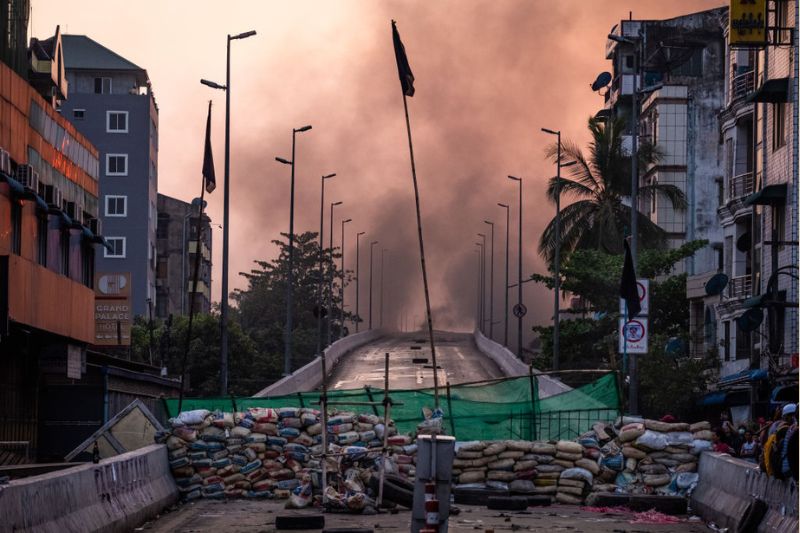
INTERNATIONAL
- Anonymous
- 20 February 2025
Myanmar’s military-led turmoil drives millions from their homes, bombs local communities, and keeps democracy icon Aung San Suu Kyi behind bars. Once a nation of proud heritage and abundant resources, it now teeters on social and economic collapse. Our deep dive examines an enduring crisis and the determination powering an urgent call for change.
READ MORE
-

AUSTRALIA
- Sandy Toussaint
- 13 February 2025
In Broome, the work of the Royal Commission into Aboriginal Deaths in Custody uncovers not only personal grief but also the enduring systemic failures that continue to claim Indigenous lives. As the commission’s findings remain largely unimplemented, the question remains: why has Australia failed to meaningfully address the injustice of these deaths?
READ MORE
-

AUSTRALIA
- Claire Heaney
- 13 December 2024
For years, Coles and Woolworths have been accused of squeezing both producers and shoppers in equal measure. With new regulatory changes on the horizon and a web of inquiries underway, the supermarket duopoly finds itself under unprecedented scrutiny. But will these reforms actually lower grocery bills?
READ MORE 
-

AUSTRALIA
- Andrew Hamilton
- 25 November 2024
4 Comments
Social Inclusion Week invites reflection on our shared humanity amidst deep divides. From childhood cliques to culture wars, the tension between inclusion and exclusion is a paradox rooted in belonging. Can we overcome fear and forge connections across difference, or will anxiety keep us apart? The answer shapes our society’s future.
READ MORE
-
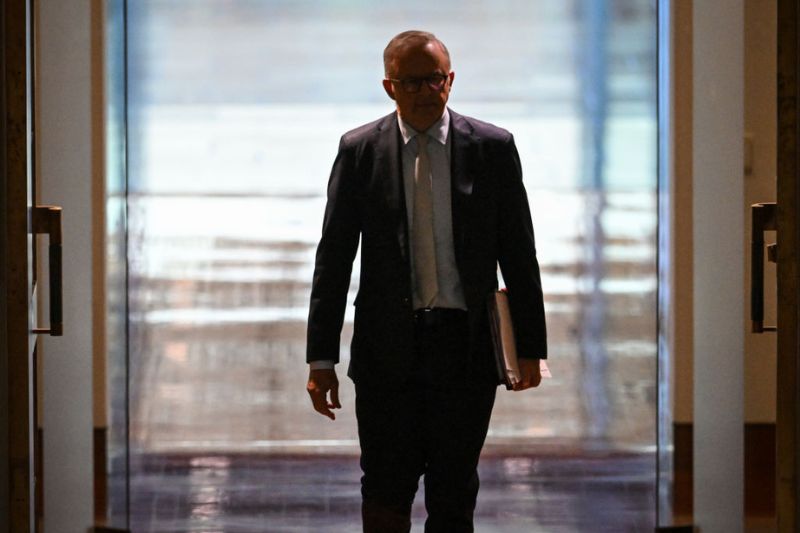
AUSTRALIA
- James Massola
- 23 October 2024
8 Comments
As Prime Minister Anthony Albanese navigates a slow but steady decline in approval, his cautious leadership approach is increasingly under scrutiny. With rising pressures on housing, the economy, and global events, is it time for him to take the bold political risks necessary to stave off the threat of minority government?
READ MORE